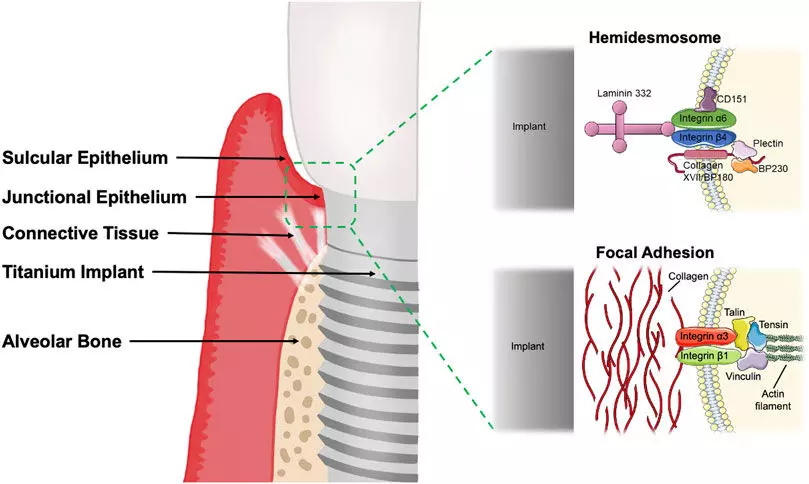Prediabetes and poorly controlled type-diabetes may increase risk of peri-implant diseases, States meta-analysis

Prediabetes and poorly controlled type diabetes may increase the risk of peri-implant diseases, states meta-analysis suggests published in the Journal of Dentistry.
The study answers the PECO question: “In adults with dental implants (P), do subjects suffering from type-2 diabetes or prediabetes (E) have worse peri-implant conditions (O) than subjects without type-2 diabetes and prediabetes (C)?”. Prediabetes (5.7–6.4 % HbA1c), and the different qualities of glycemic control in type-2 diabetes; well-controlled (>8 % HbA1c), and poorly controlled (>8 % HbA1c) individuals; were classified according to the recommendations of the American Diabetes Association. An electronic search in the MEDLINE, Embase, and Cochrane libraries were conducted without any filters or language restrictions. Additionally, manual search of the reference lists were carried out to identify all relevant articles. Eligibility criteria were cohort, case-control and cross-sectional studies that answerd our PECO question with at least 1 year of follow-up. From a total of 2660 records, 35 articles (1761 individuals) were included in the analysis. Meta-analytic difference in means for crestal bone loss was 1.2 mm [95 % CI=0.4; 2.1] in patients with prediabetes, 1.8 mm [CI=1.0; 2.7] in poorly controlled patients, whereas 0.4 mm [CI=-0.3; 1.1] in well-controlled individuals. Meta-regression showed that 1 % increase in HbA1c increased crestal bone loss by 0.24 mm. Within the limitations of the study, patients with poorly controlled type-2 diabetes or prediabetes may have worse peri-implant conditions compared to patients without diabetes and well-controlled type-2 diabetes. Well-controlled type-2 diabetes is not a risk indicator for peri-implant diseases. Clinicians should measure blood HbA1c levels when planning implant-supported restorations, thus patients with undiagnosed or poorly controlled type-2 diabetes can be identified, that allows for glycemic level adjustment prior to dental implant surgery, ensuring peri-implant health.
Reference:
Bulcsú Bencze, Bianca Golzio Navarro Cavalcante, Mario Romandini, Virág Róna, Szilárd Váncsa, Gábor Varga, Márton Kivovics, Bence Szabó, Gergely Agócs, Zoltán Géczi, Péter Hermann, Péter Hegyi, Dániel Végh. Prediabetes and poorly controlled type-2 diabetes as risk indicators for peri-implant diseases:A systematic review and meta-analysis,
Journal of Dentistry. Volume 146, 2024, 105094, ISSN 0300-5712,. https://doi.org/10.1016/j.jdent.2024.105094.
(https://www.sciencedirect.com/science/article/pii/S030057122400263X)
Keywords:
Prediabetes, poorly, controlled, type-diabetes, increase , risk, peri-implant diseases, States meta-analysis, Journal of Dentistry, Diabetes mellitus; Glycemic control; HbA1c; Dental implants; Crestal bone loss; Peri-implant diseases, Bulcsú Bencze, Bianca Golzio Navarro Cavalcante, Mario Romandini, Virág Róna, Szilárd Váncsa, Gábor Varga, Márton Kivovics, Bence Szabó, Gergely Agócs, Zoltán Géczi, Péter Hermann, Péter Hegyi, Dániel Végh



